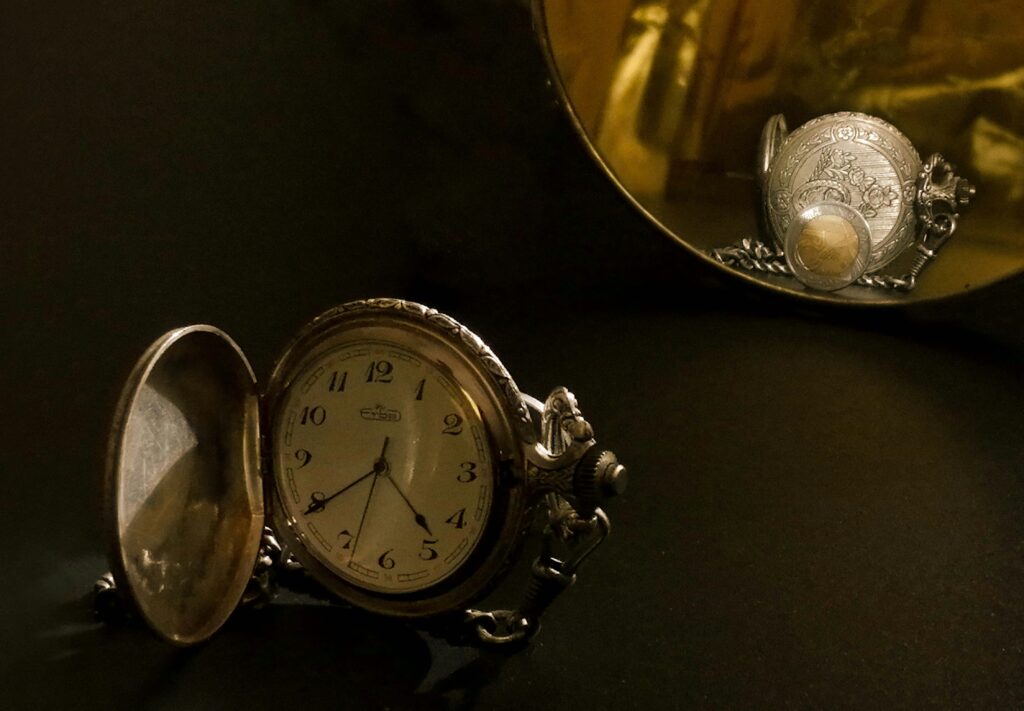You know that sinking feeling when you realize you really messed up? Yeah, we’ve all been there. Maybe you said something hurtful during a heated moment, or perhaps you did something that left your boyfriend feeling betrayed or disappointed. Now you’re sitting there, heart racing, wondering how to make things right without making them worse.
Here’s the truth: fights happen in every relationship. What separates the couples who thrive from those who barely survive is how they handle the aftermath. After working with hundreds of couples for over 15 years, I can tell you that knowing how to apologize properly isn’t just relationship advice it’s relationship insurance.
Misunderstandings are part of relationships, but they don’t have to destroy them. You and your boyfriend will disagree sometimes, no matter how much you love each other. When conflict happens, what matters most is how you choose to repair the damage and rebuild trust.
A well-thought-out conversation (or even a carefully crafted text message) can be one of the most powerful ways to open communication lines when it’s time to make peace.
Before you reach out, make sure your message clearly shows that you’re genuinely sorry about what happened and that your love for him hasn’t changed.
Let’s explore the simple but effective steps on how to apologize to your boyfriend after a fight and create a stronger foundation for your relationship moving forward.
How To Apologize To Your Boyfriend After A Fight
When it comes to resolving conflicts with your man, there are several key things you need to consider. These aren’t just random tips they’re battle-tested strategies that actually work:
1. Speak Clearly
Be direct and specific about what you’re apologizing for. Vague apologies like “I’m sorry for everything” or “I’m sorry things got weird” don’t cut it. Your boyfriend needs to hear that you understand exactly what went wrong and how your actions affected him.
Making genuine amends with your partner strengthens your bond, but only when you’re crystal clear about what you’re taking responsibility for. To apologize effectively, you need to speak clearly and let your boyfriend know how sorry you feel about what you did and why you acted that way.
Think about it this way: if someone hurt you, wouldn’t you want them to acknowledge the specific thing they did wrong? Generic apologies can feel dismissive, like you’re just trying to make the problem go away without really understanding it.
The clearer you are about your mistakes, the faster you can resolve the issue and move toward healing.
2. Apologize
This might seem obvious, but you’d be shocked how many people try to make amends without actually saying “I’m sorry.” These two simple words are the foundation of any real apology, and there’s no substitute for them.
It’s human nature to be stubborn, especially when we feel defensive about our actions. But swallowing your pride and saying those words first shows incredible maturity and love. When you apologize to your boyfriend, don’t dance around it tell him directly that you are sorry.
Here’s what doesn’t count as an apology:
- “I’m sorry you feel that way.”
- “I’m sorry if I hurt you.”
- “I’m sorry, but you did this, to.o”
These phrases shift blame or question whether harm was actually done. Instead, try:
- “I’m sorry I hurt you.”
- “I’m sorry for what I said.”
- “I’m sorry for my behavior.”
Notice how these statements take full ownership? That’s the magic ingredient that makes apologies actually work.
I saw these when i was on a vacation. So, i am recommending that you try it in your relationship.
3. Explain Yourself
If you did something to upset your boyfriend, take time to explain your thought process but don’t make excuses. There’s a huge difference between providing context and shifting blame.
It might be challenging to remember exactly how things escalated, but an honest explanation helps bring clarity to what went wrong. Remember, you both see situations from different perspectives, but when you explain your mindset, you give your boyfriend a better chance to understand what happened.
For example, you might say: “I was feeling overwhelmed about my work deadline, and I took that stress out on you. That wasn’t fair, and I can see how my mood affected our entire evening.”
This approach shows you’re taking time to work through the situation with him rather than just hoping it blows over. Explaining yourself (without justifying hurtful behavior) demonstrates that you’re sorry and committed to understanding what happened.
4. Listen
This is a huge part of learning how to apologize effectively. Listening to your boyfriend’s perspective is just as important as expressing your own remorse.
You might feel genuinely sorry, but what about giving him space to share what he’s going through? This is your next step toward real clarity and connection.
Are you sure you understand why he was upset in the first place? Sometimes what we think caused the problem isn’t actually the real issue. Listening to what your partner has to say can be as healing for your relationship as expressing your own feelings.
He allowed you to explain yourself now return that courtesy. Create space for him to process his emotions without interrupting, defending yourself, or planning your rebuttal. This isn’t the time to explain your side again; this is his time to feel heard and valued.
I’ve seen relationships completely transform when one partner finally felt truly understood. Sometimes being heard is exactly what someone needs to move from hurt toward forgiveness.
5. Allow Time To Take Its Course

Apologies are incredibly important, but some people need time to process before they can fully move forward. Not everyone accepts apologies and bounces back immediately, and that’s completely normal.
In situations where your boyfriend needs space, it’s crucial to respect his timeline rather than pushing for an instant resolution. This prevents you from making the issue bigger than it originally was and shows respect for his emotional processing style.
Understanding when to step back and let time work its healing magic is what this tip is really about. Timing matters just as much as your words.
Some people are immediate processors who want to hash everything out right away. Others need internal processing time before they can engage in productive relationship conversations. After being together for a while, you should have a sense of which type your boyfriend is.
During this waiting period, send occasional gentle reminders that you care without being pushy. A simple text like “thinking about you” or “I’m here when you’re ready” can maintain connection without pressure.
6. Send A Gift
If your boyfriend’s love language includes receiving gifts, you might need to go a step further here. Even if he’s not typically someone who gets excited about presents, making amends through a thoughtful gesture can work wonders.
What does he genuinely enjoy? Consider his interests and hobbies when choosing how to show your care. If he’s a movie enthusiast, you could get tickets for both of you to see something he’s been wanting to watch. If he loves good food, treat him to his favorite restaurant or cook his favorite meal at home.
The key here is thoughtfulness over expense. A handwritten note explaining what he means to you might touch his heart more than an expensive gadget. Maybe it’s his favorite coffee from that place across town, or maybe it’s planning an activity you both enjoy.
You know your boyfriend better than anyone else use that knowledge to choose something that will genuinely make him smile and feel appreciated.
For gift ideas and inspiration, you might want to check out some romantic gift guides experience gift platforms like Group on for activities you can do together.
Additional Tips for Stronger Apologies
Understanding Different Communication Styles
Not everyone processes conflict the same way. Your apology needs to match your boyfriend’s communication style for maximum impact. Pay attention to how he typically handles disagreements and emotional conversations.
Some guys need detailed explanations and thorough discussions. Others prefer brief, sincere acknowledgments followed by normal behavior that shows change. Neither approach is wrong they’re just different.
Using Technology Wisely
Sometimes a thoughtful text can open the door for deeper conversation, especially if face-to-face feels too intense initially. Apps like WhatsApp or even a simple text message can help you organize your thoughts and express them clearly.
However, important apologies should ultimately happen in person or at least over a video call using FaceTime, Zoom, or Skype. Written messages can be misinterpreted, and your boyfriend needs to see your sincerity.
Learning from Each Conflict
Use relationship apps like Relish or Lasting to improve communication skills between conflicts. The best apology is the one you don’t need to make because you’ve developed better ways to handle disagreements.
Consider keeping a shared Google Doc or using Notion to track what you both learn from each conflict. This might sound formal, but many couples find it helpful to identify patterns and growth areas.
When to Consider Professional Help
If you find yourselves stuck in cycles of the same arguments, consider using BetterHelp or Talkspace for couple’s therapy. Sometimes an outside perspective can break patterns that feel impossible to escape on your own.
The Gottman Institute also offers excellent resources for improving relationship communication, including their famous “Four Horsemen” framework for healthy conflict resolution.
Final Words
There you have it, a complete guide on how to apologize to your boyfriend after a fight. These six steps aren’t just theory; they’re practical tools that can transform how you handle conflict in your relationship.
Your relationship can actually become stronger after a conflict when you both feel heard, valued, and respected. Couples who master this art create relationships that can weather any storm 🙂
Pin this for later and share it with anyone who might benefit from these insights!







